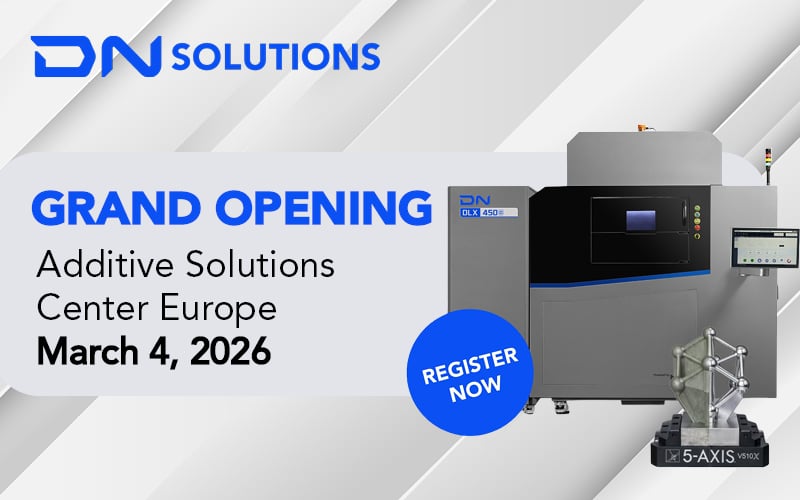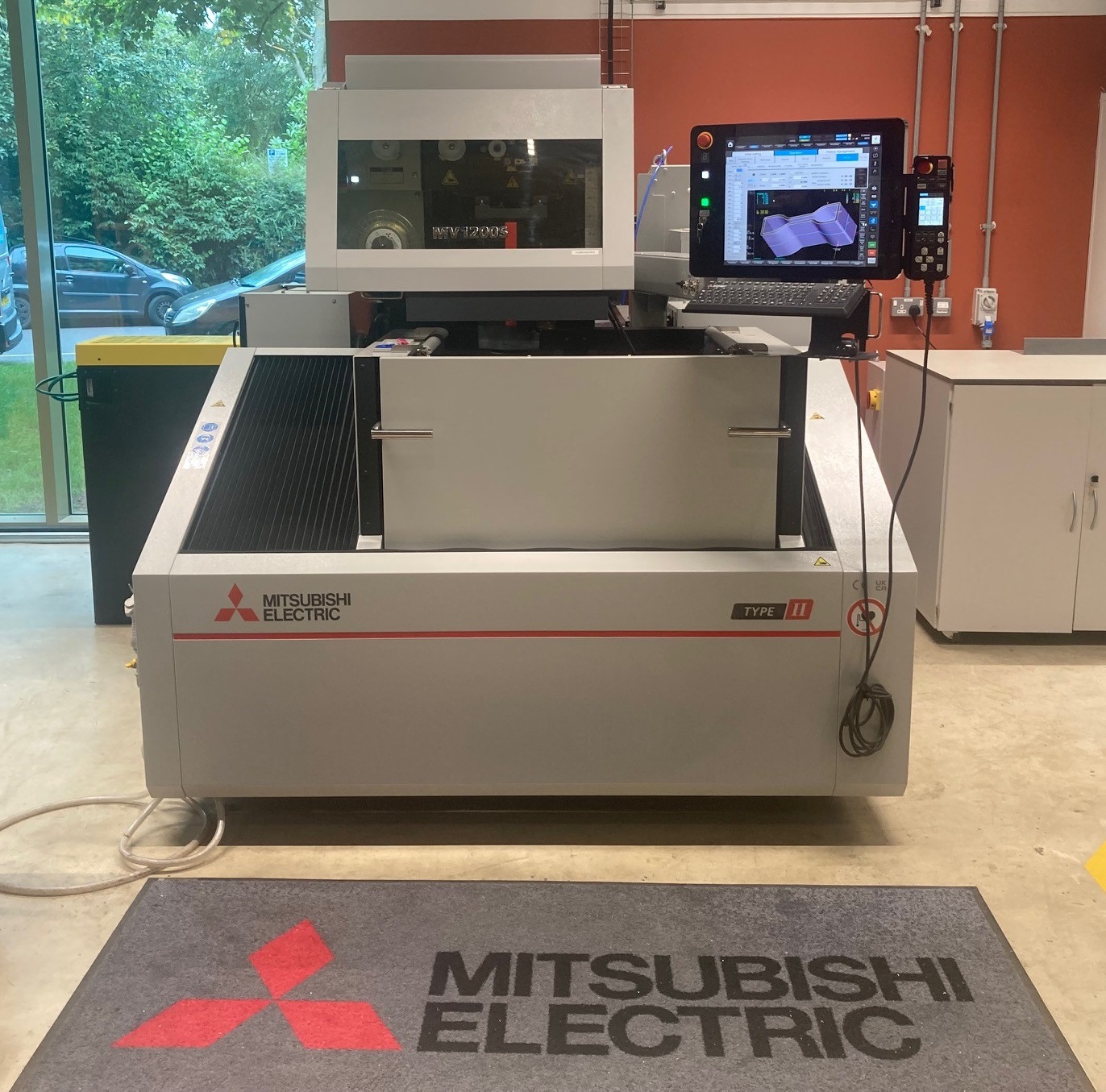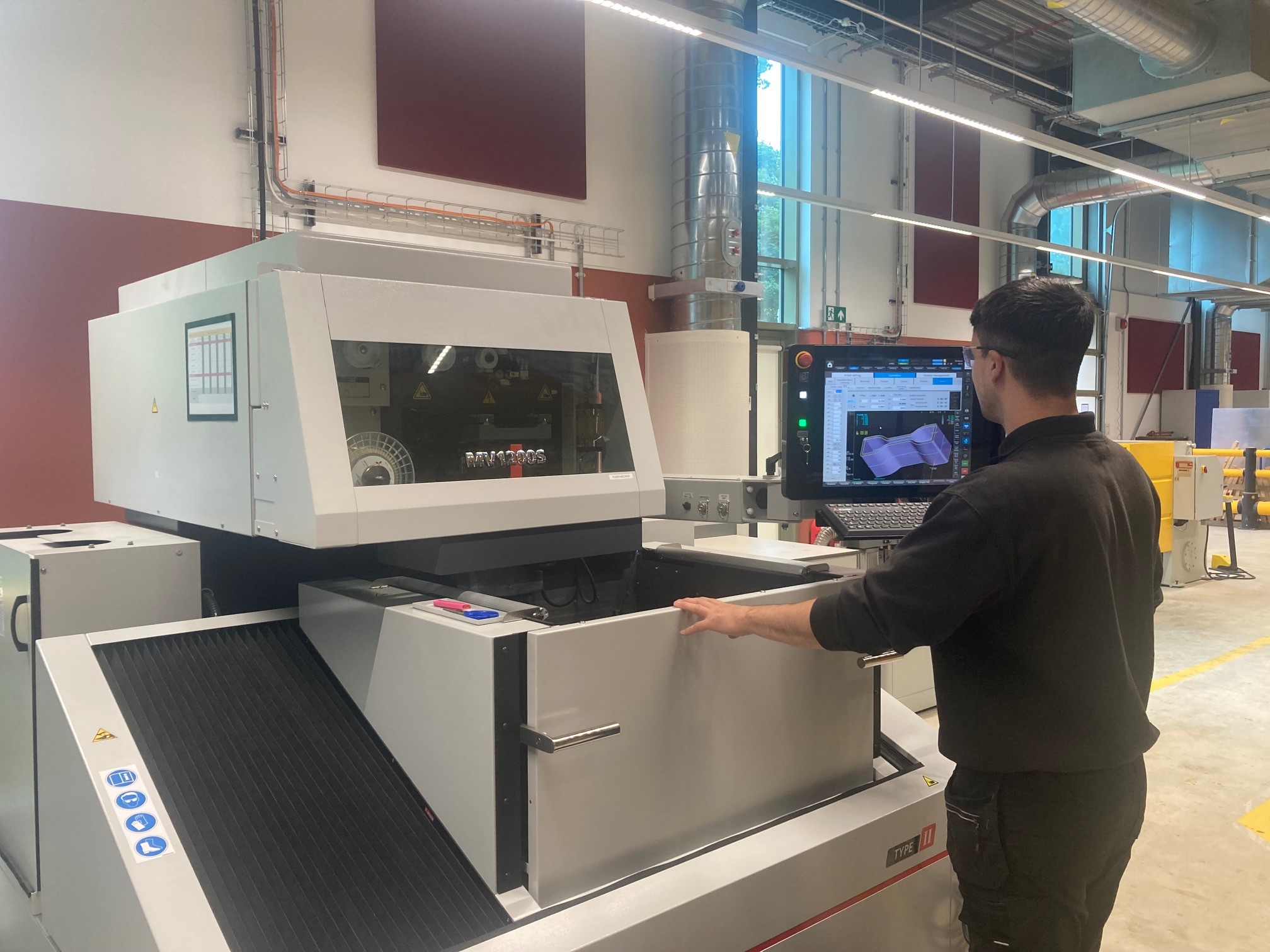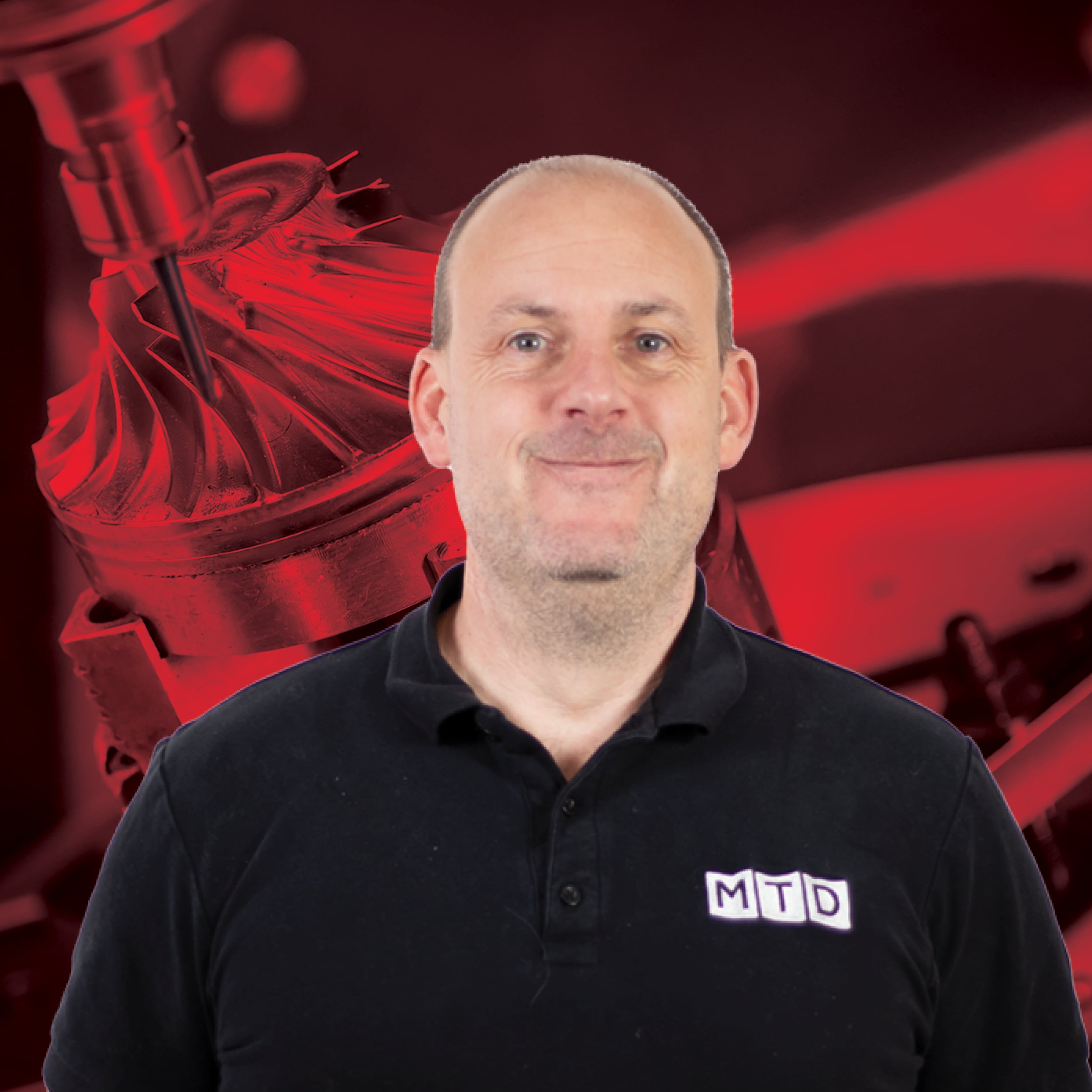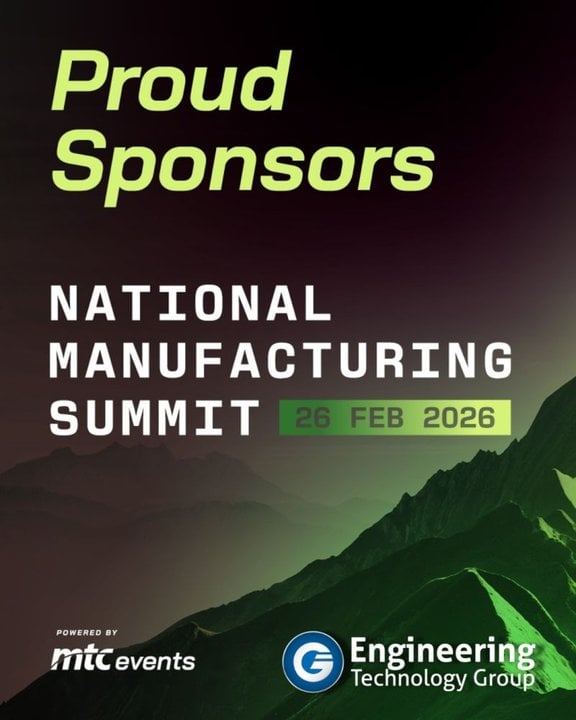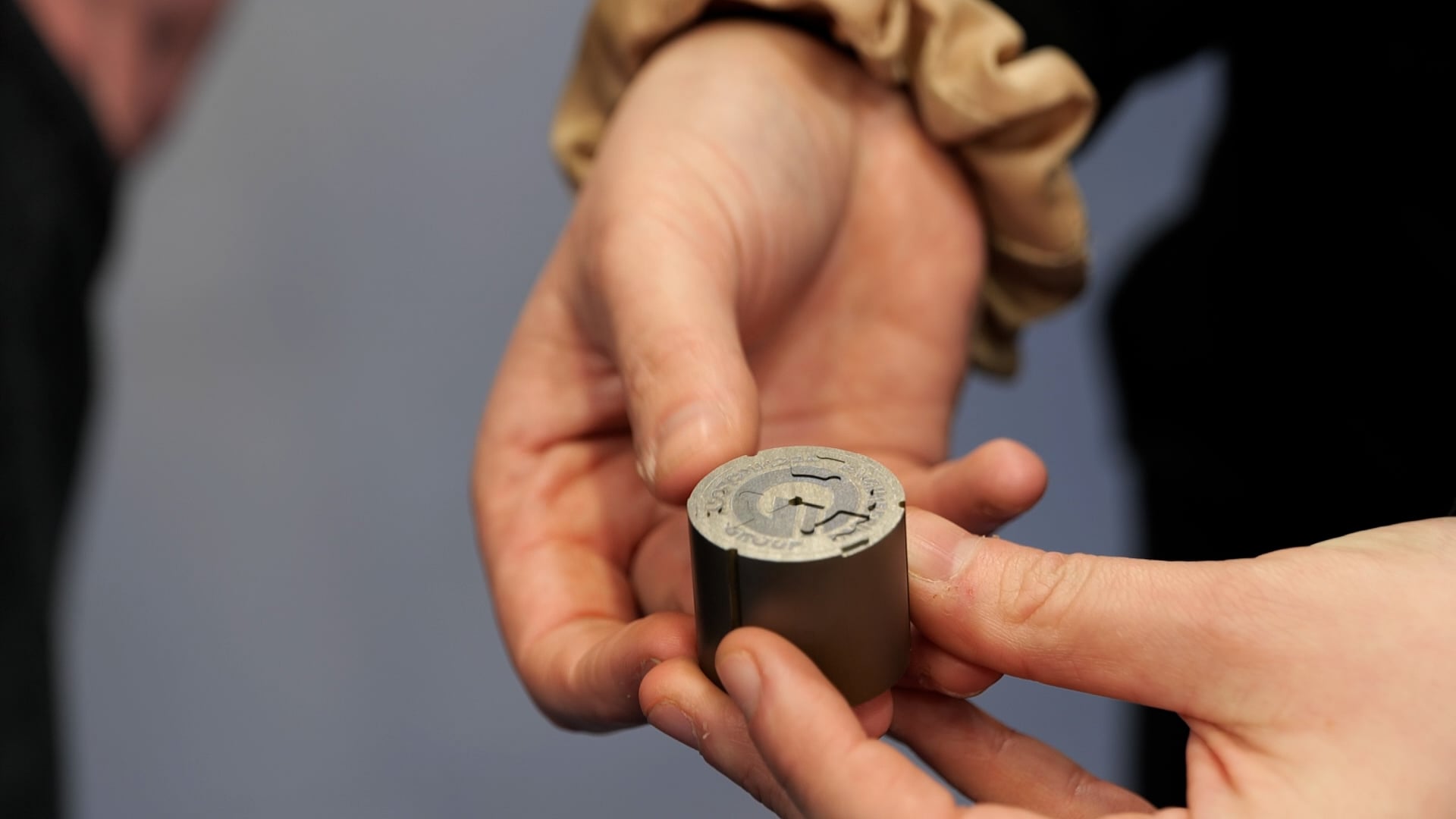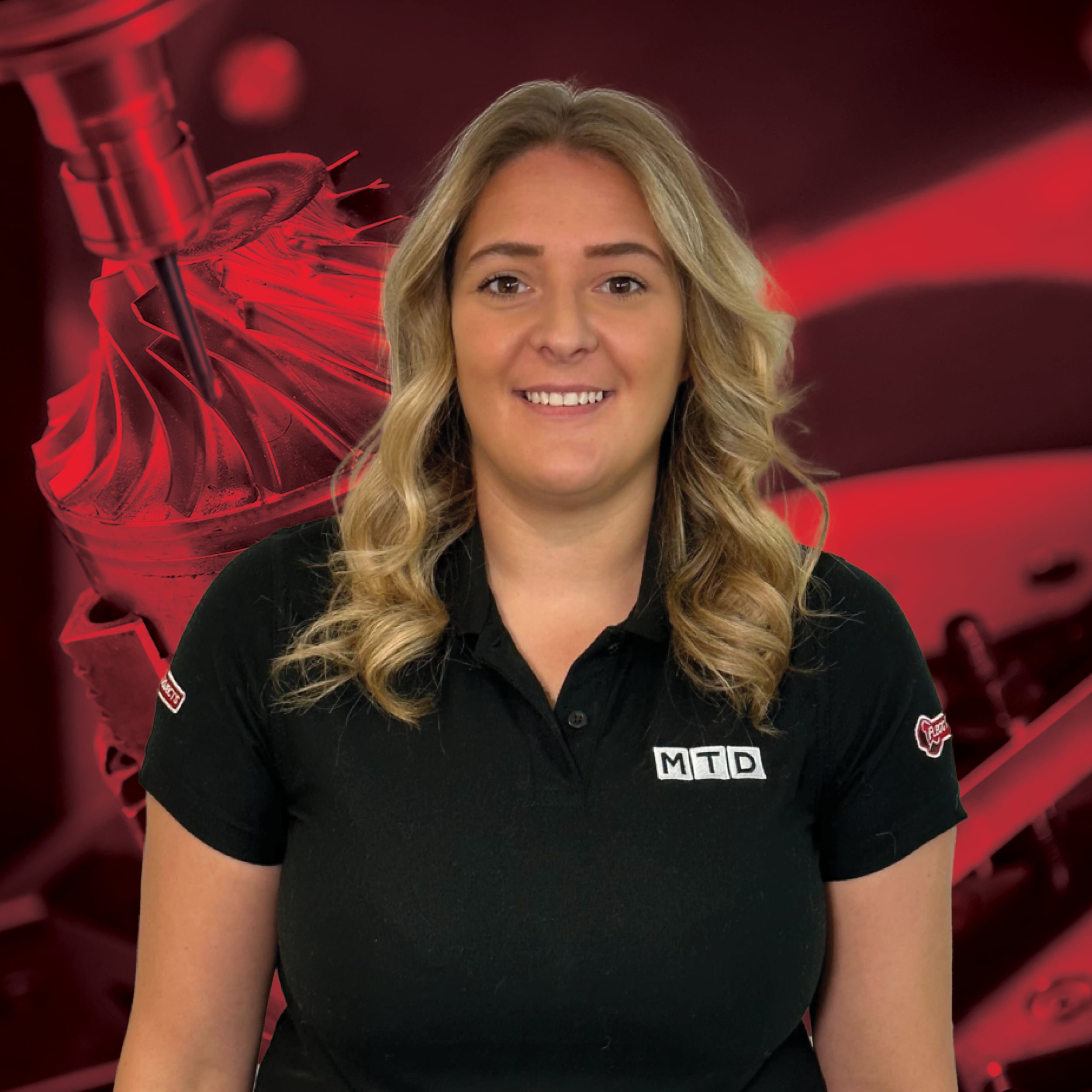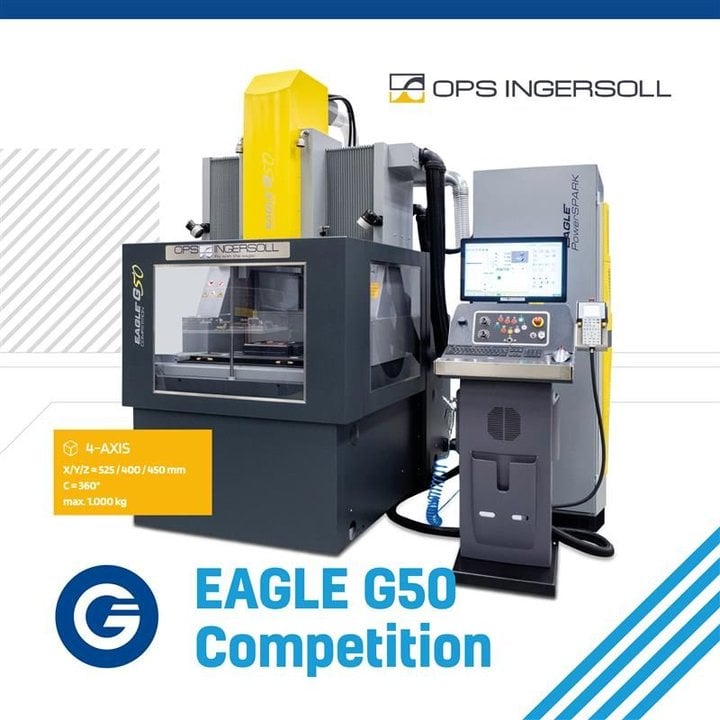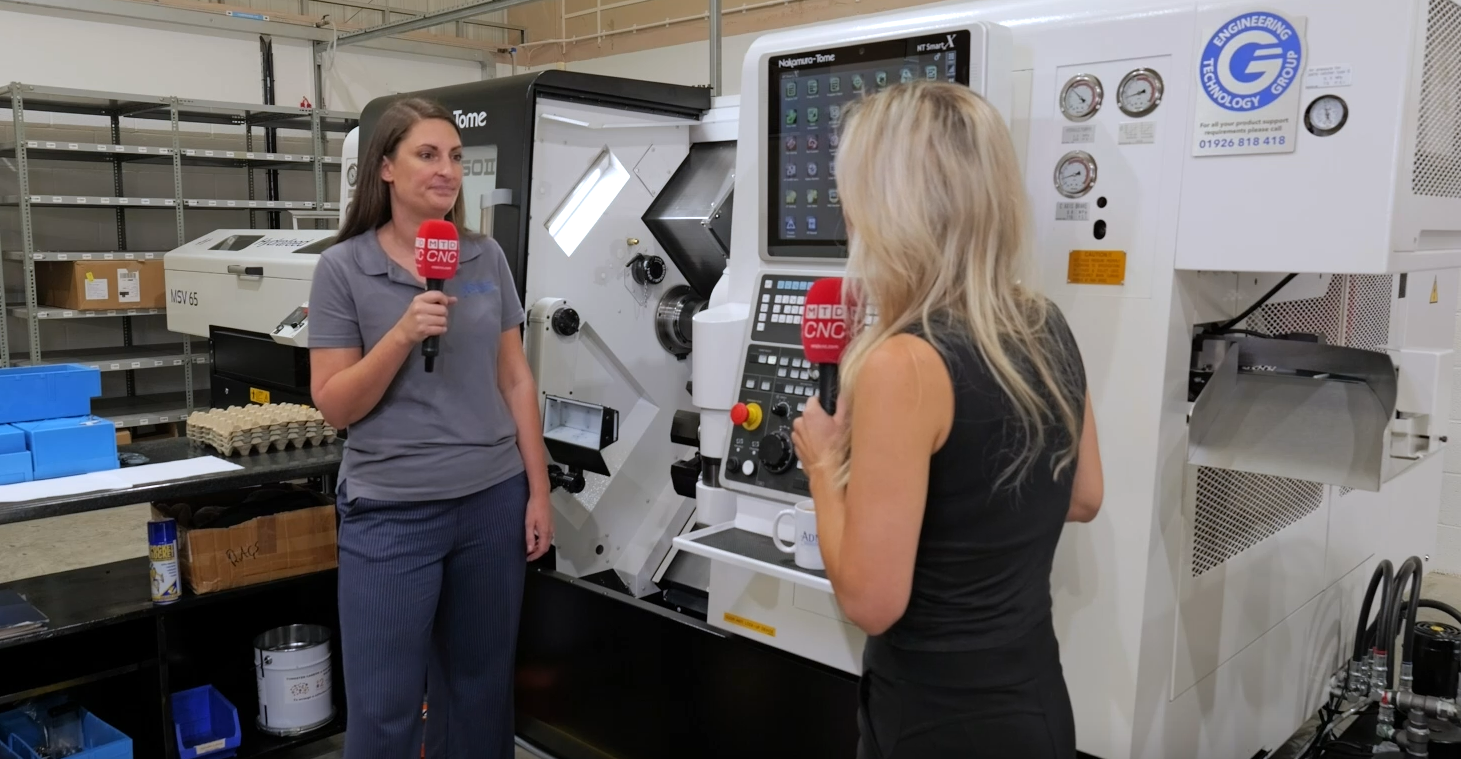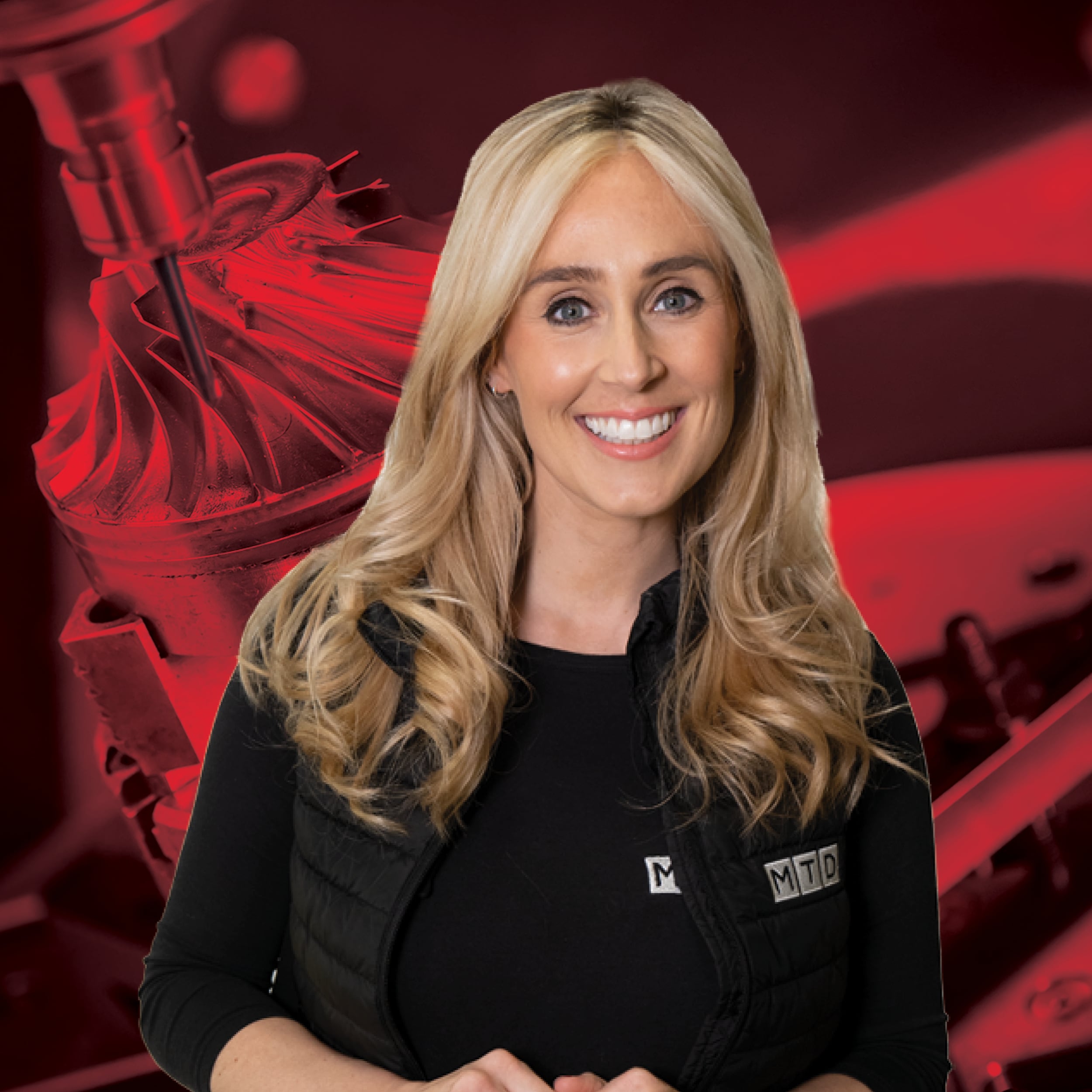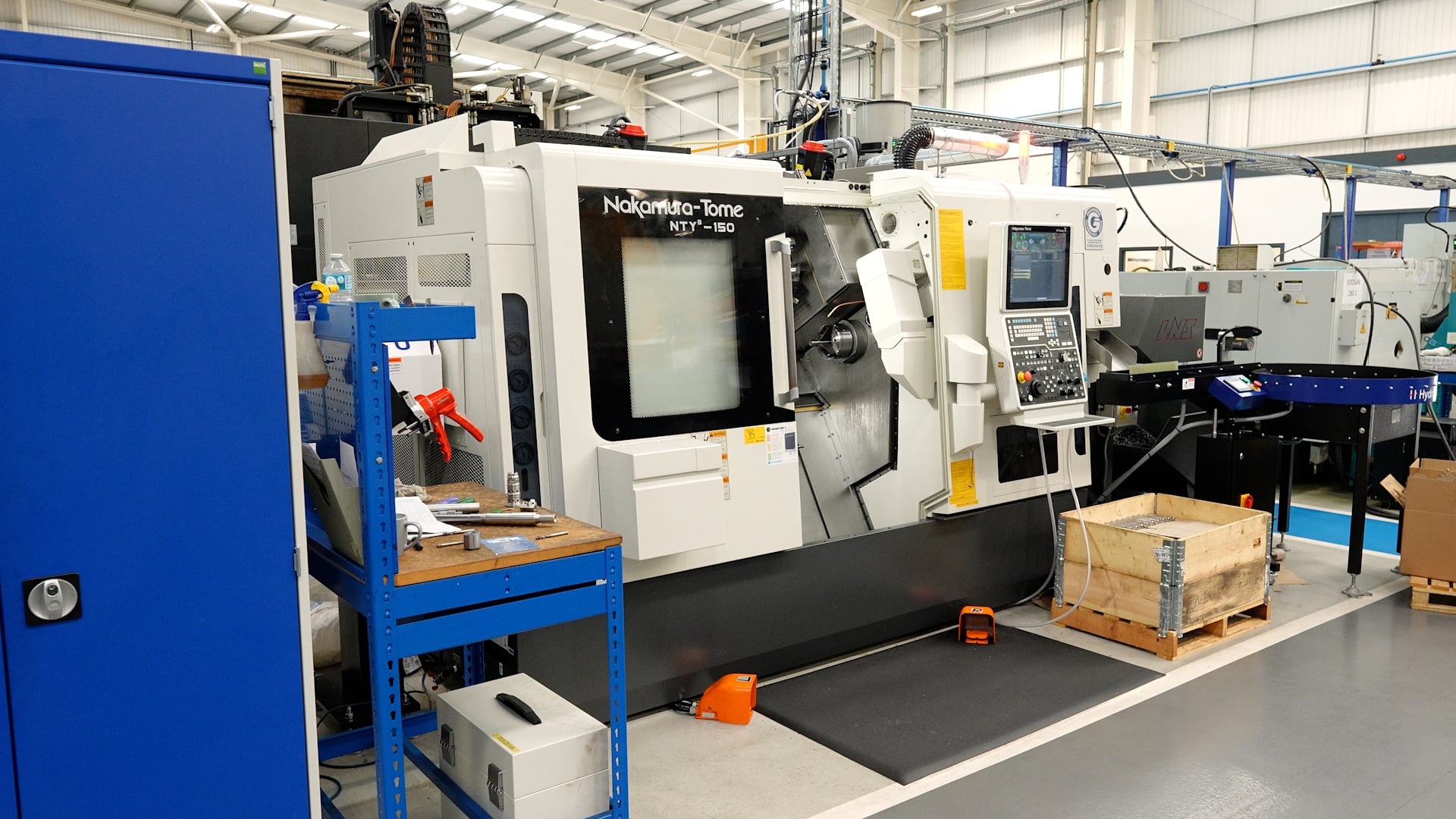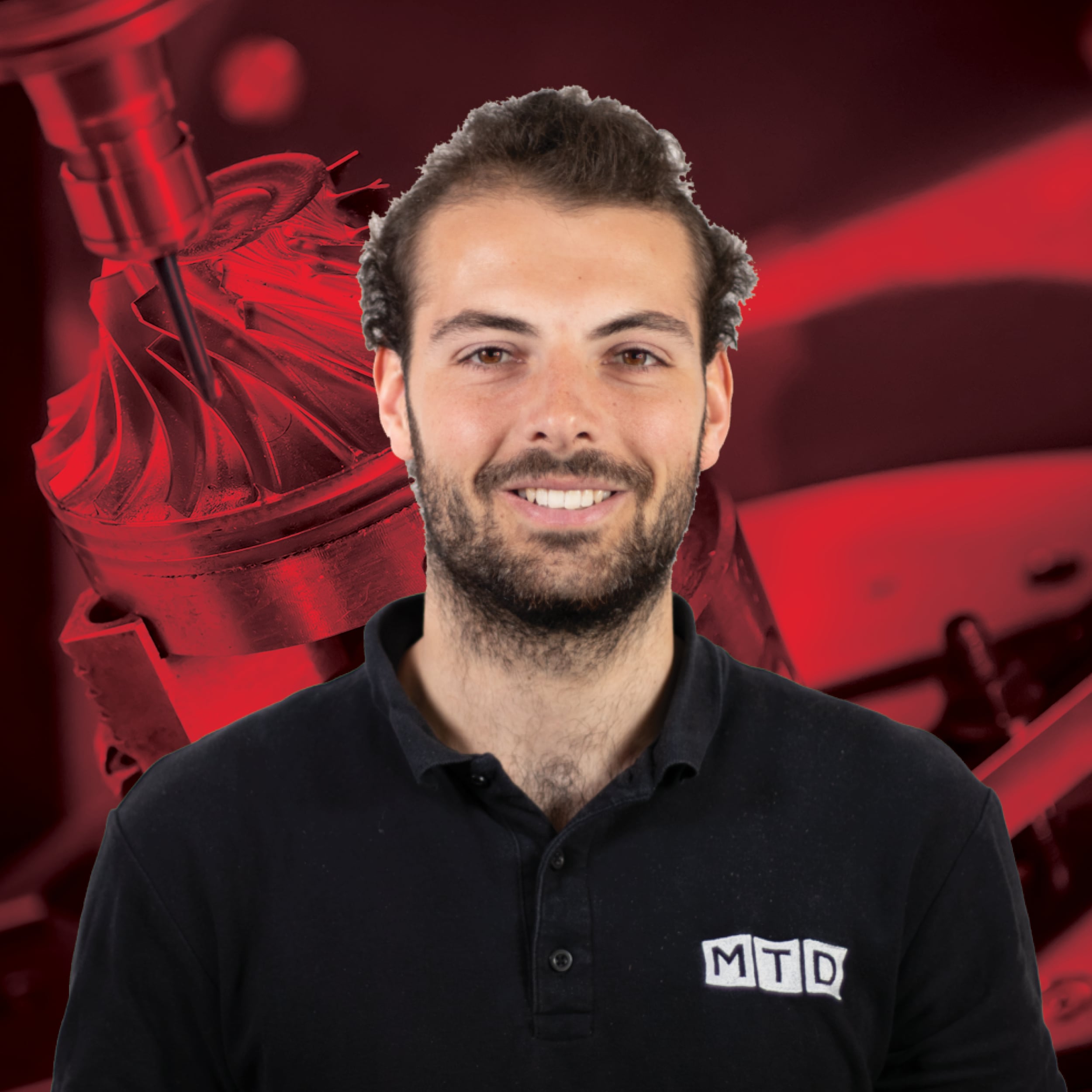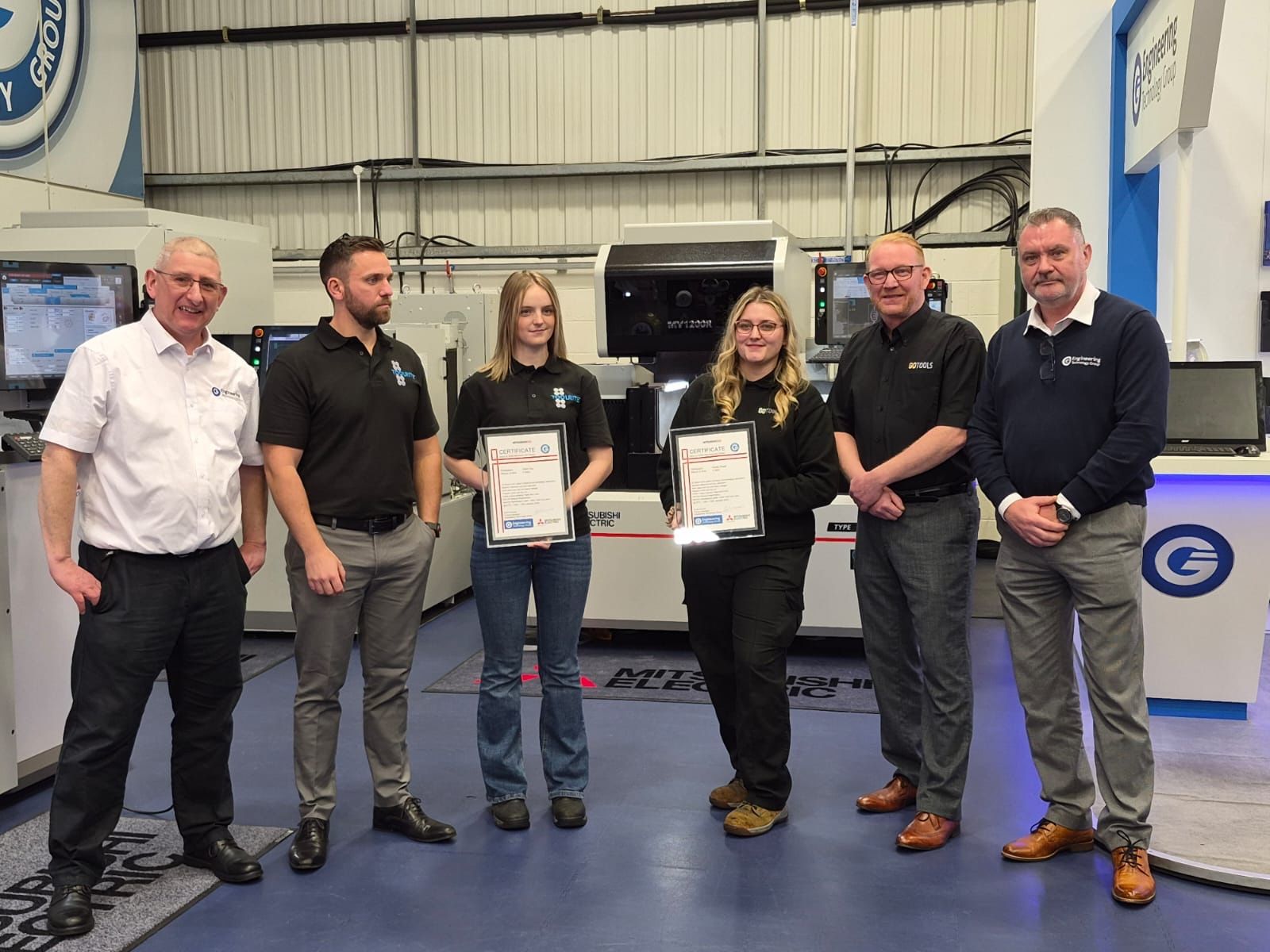
Over its prestigious 150-year history, the School of Engineering at Newcastle University can lay claim to being the birthplace of great ideas that changed the world. With local innovators such as Armstrong, Stephenson, Merz and Swan all giving birth to a multitude of ideas, the School of Engineering continues this legacy of groundbreaking research and education – developing our next generation of engineers. It is this propensity to push the boundaries of innovation that has recently seen the university invest in a Mitsubishi wire EDM machine from the Engineering Technology Group (ETG).
As a member of the elite Russell Group of universities, the North East university has just invested more than £110m to re-develop its Stephenson building, aptly named after engineering pioneer George Stephenson, the renowned ‘father of the railways’. As a single, integrated School of Engineering, Newcastle University brings together engineering disciplines to fully realise the potential and strength of cross-discipline teaching and research across chemical engineering, civil and structural, electrical and electronic, mechanical engineering and marine technology.
Part of the investment in the Stephenson building includes new plant and equipment to support students, academic researchers and industrial partner projects. Alluding to why the university invested in a Mitsubishi MV1200S wire EDM machine and the type of work undertaken on the machine, Newcastle University’s Manufacturing Technical Team Leader, Stuart Baker says: “We needed to invest in a new EDM machine for our new workshop, so we set about following our tender process. By investing in a new EDM machine, we could keep as much of our work as possible on-site to increase the student experience. Having the technology on-site also enables us to demonstrate the EDM process in considerable depth for our learners. Additionally, we had a capacity issue as similar machines onsite were frequently bottlenecking.”
With stringent criteria embedded into its tendering process, manufacturers were invited to tender for the supply of an EDM machine to the university. As Stuart adds: “The Mitsubishi MV1200S scored the highest above other applicants on our tendering process. One of the main reasons for this is that our new workshop in the new Stephenson Building is very sustainability-focused. The Stephenson Building is part of our ongoing investment in exceptional facilities that support outstanding student experience and our world-leading environment for research and innovation. The Mitsubishi MV1200S has a wealth of energy efficiency measures that tie in with our ambition to be a carbon-neutral facility by 2030. One such innovation that caught our eye and scored highly above other vendors was the Mitsubishi E.KO Ioniser system which is environmentally efficient compared to standard ION resin systems.”
The Mitsubishi E.KO ioniser system offers the world’s most innovative and ecologically optimal technology for the production of deionised process water for use in wire EDM. The E.KO Ioniser ® completely replaces the mixed bed resin and is therefore one of the most environmentally friendly solutions in the field of process water treatment. The creation and costly storage of hazardous waste is avoided. Essentially, the E.KO Ioniser® is the solution to some of the problems that have always had a disruptive effect on the wire erosion process. It also reduces the formation of rust on workpieces whilst preserving the erosion system at the same time.
With the Mitsubishi MV1200S scoring above its rivals, the machine was installed in October 2023. Alluding to what the machine is tasked with daily, Stuart adds: “We use the new Mitsubishi EDM to manufacture various bespoke and prototype components from mainly aluminium and general workshop grade steels. This enables us to support the mechanical discipline students through academic stages 3 and 4 as well as research projects. Before the installation of the Mitsubishi EDM, we had to either outsource our work or book time with another workshop that has a couple of wire EDM machines. This was either costly or time-consuming.”
“This outsourcing was not ideal and by keeping everything onsite, we have greater control over processes if students’ design needs dimensional changes undertaken whilst in manufacture. We work on an array of research projects that vary from bespoke tribology rigs and apparatus for our bio-engineering labs through to components for the robotic and mechatronic technology faculties.”
Looking specifically at the impact the machine has had at the university, Stuart continues: “With the arrival of the Mitsubishi EDM from ETG, we can now cut exotic and fully hardened materials especially those with complex profiles. Previously, this work would have needed to be outsourced as it was outside the capabilities of our technology. What the Mitsubishi EDM has done is drastically reduce our cutting times. Furthermore, the quality of the components coming off this new machine is outstanding.”
Discussing the service and support from Wellesbourne-based ETG, Stuart concludes: “The support from the technical team has been outstanding. Any problems with the machine and they are just a phone call away. The sales team at ETG was at our side for every step of our journey from purchasing to installing.”

